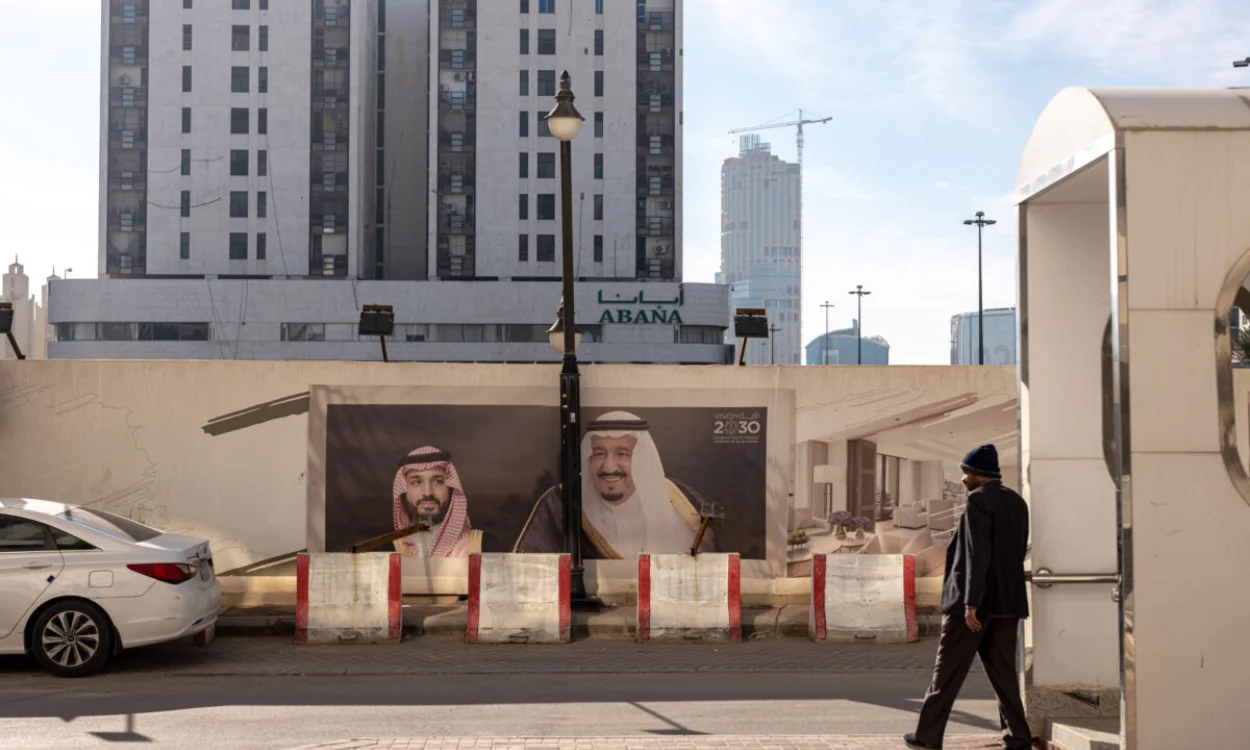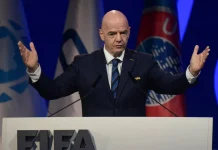The Saudi Arabia bid for the 2034 FIFA World Cup ignited widespread debate and scrutiny. Hosting any such event would surely be a very momentous event for any country, but the suitability of the Saudi Arabian candidacy has doubts. Critics think that it symbolizes Saudi Arabia’s attempt at “sportswashing” or using sports as a means of diverting attention from its controversial record on human rights and the global challenges it faces with its reputation. Hosting the World Cup would seem like a ploy to gain international legitimacy rather than an earnest intent and commitment to the values that FIFA propounds: inclusivity, equality, and integrity.
Human Rights Record: Jarring Contrast to FIFA Value
Then, of course, in general, FIFA stands up for inclusion, equality, and respect. Perhaps most unfortunately still, the human rights record of Saudi Arabia stands as a major impediment to its potential candidacy to host the World Cup. Amnesty International and Human Rights Watch have, repeatedly over the years, pointed out structural problems, from a lack of elementary civil liberties to harsh curtailments of freedoms of women and intolerance of dissent.
While the country has recently, with some reforms, allowed women to drive and relaxed many of the strictures on male guardianship, women in Saudi Arabia are still subject to heavy and numerous legal and cultural restrictions. Gender equality is hardwired into the philosophy of FIFA; hosting the World Cup in a country that explicitly showcases systemic gender inequality would essentially defeat FIFA’s commitment to inclusivity.
Sportswashing
Precedents in Sportswashing Saudi Arabia were pouring investment into sporting events across the board, from the Saudi Grand Prix to LIV Golf and hosting major boxing matches. While such events attracted quite a bit of international attention, they were often criticized as attempts to overshadow the ongoing human rights violations.
It would be quite fair to say that this would endow Saudi Arabia with a sort of unwanted legitimacy. FIFA would then be perceived as more enthused about gold-rimmed coffers and geopolitical prerogatives than its values and ethical obligations.
Ethical Matters with FIFA
The entity has been beleaguered by various scandals, including the overall corruption and alleged favoritism charges. Hosting the World Cup in Saudi will give the impression that FIFA easily gives up ethics for monetary value.
The bid for the 2034 World Cup had already attracted criticism for a lack of transparency in its selection process, on account of Saudi Arabia having been allocated the first priority after Australia’s withdrawal. Speculations about a backdoor deal and undue influence have subsequently led to doubts over the credibility of FIFA.Despite reforms, Saudi women only gained the right to drive in 2018 after a decades-long ban, showcasing ongoing gender inequality.
Inclusion Issues for Fans and Players
A World Cup to the world, celebrating diversity and galvanizing fans from diverse cultures, backgrounds, and identities, calls for peace and stability. The holding of this tournament in Saudi Arabia makes it a point of growing concern as far as the inclusivity and safety of some groups of people are concerned.
Though Saudi Arabia has been permitting female spectators to enter the stadiums for quite a number of years now, the cultural and legal bottlenecks are still there. The fans in this category may face certain specific situations or feel unwanted in this scenario. Saudi Arabia has invested over $2 billion in sports events like LIV Golf and Formula 1 in the past five years, raising questions about its motives in the sports industry.
Regional Geopolitical Issues
Saudi Arabia’s position over Middle Eastern politics and economy is not without controversies that may render it difficult to implement the World Cup.
Conflicts with Other Nations: Saudia Arabia has had conflicts with several neighboring nations, for example, Qatar and Iran. These conflicts might result in logistical problems and decreased fan population coming from other neighboring nations.
Boycott and Protest: There is a chance that international organizations, activists, and even national football teams will boycott the event labeling it ethically unacceptable. This may down-scale the glamour of the World Cup and make it lose its unifying effect.
Infrastructure Issue: Constructing or renovating the stadiums, transportation systems and accommodations to host the World Cup would require a great deal of investment, which may exacerbate environmental degradation in a country afflicted with problems such as water scarcity and desertification.
LGBT Rights: 71 countries worldwide criminalize same-sex relationships, with Saudi Arabia being one of the few that imposes the death penalty for homosexuality.
Enviornmental Concerns: Saudi Arabia is the world’s largest exporter of crude oil, contributing significantly to global carbon emissions, challenging FIFA’s sustainability goals for future tournaments.
Safeguarding and Preserving FIFA’s Integrity
In awarding the hosting right of the 2034 World Cup to a country, FIFA, in effect, now shares the burdensome decision of selecting the right nation for the privilege of hosting. Allowing it to Saudi Arabia creates a danger of eroding the credibility of the organization; it will also alienate fans, players, and sponsors who do not believe in compromising on ethical integrity.
In so doing, it sets a precedent that will be followed in subsequent World Cup bids. Those nations that have a better human rights record may be discouraged from bidding because of excessive focus on financial and geopolitical considerations over ethical values.
Conclusion
The Saudi bid to host the FIFA World Cup 2034 is an interesting intersection of sports, politics, and global ethics. While the ambitions are undoubtedly there, the record on the human rights issues, inclusiveness challenges, and perceptions of sportswashing raises serious questions about whether this country suits the requirements of FIFA. This that FIFA can succeed in becoming a true champion of its core values: inclusiveness, equality, and integrity, in its claim to make football a positive force. A real legacy for the World Cup is only possible if it continues to celebrate diversity and unity rather than being a tool for image management.












